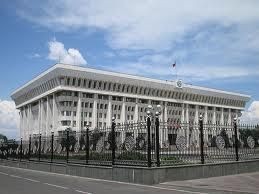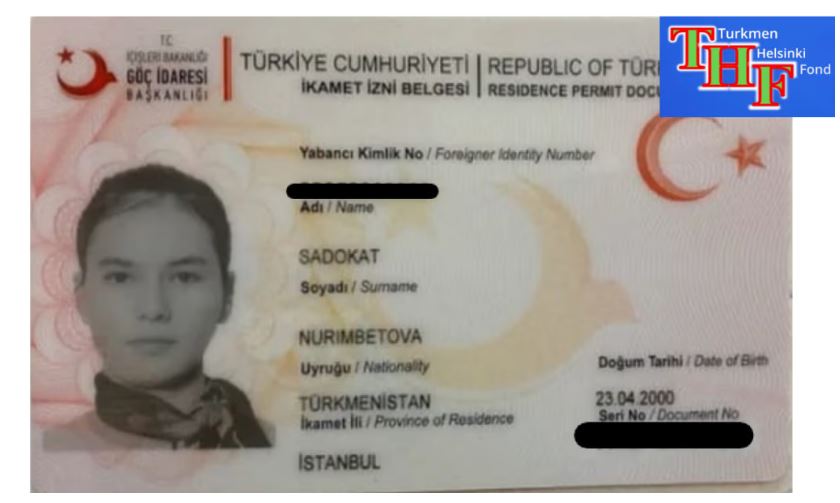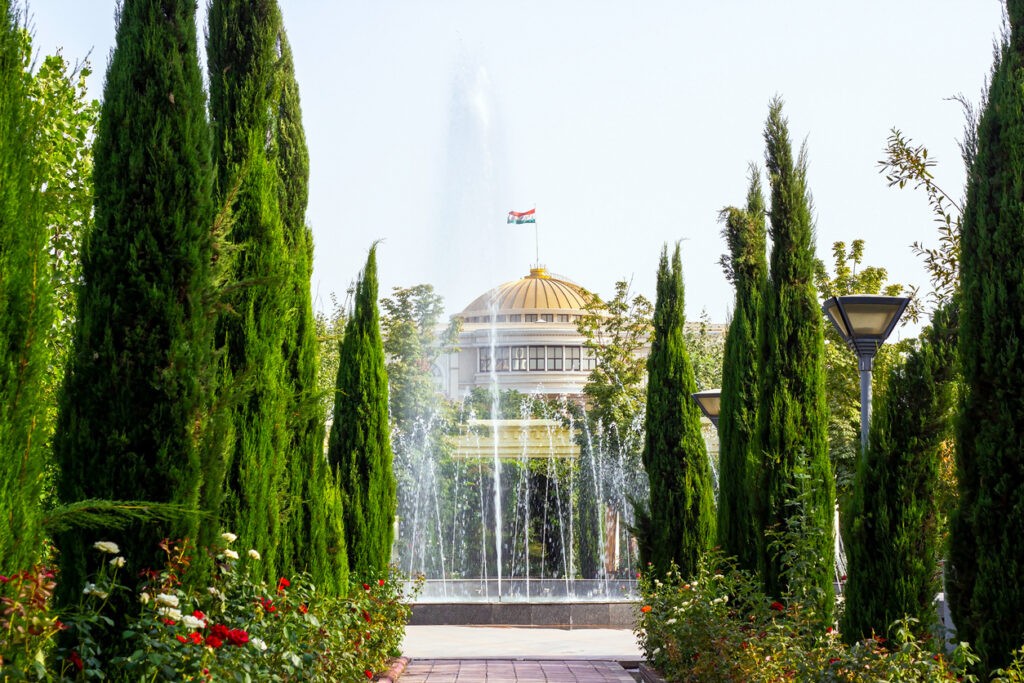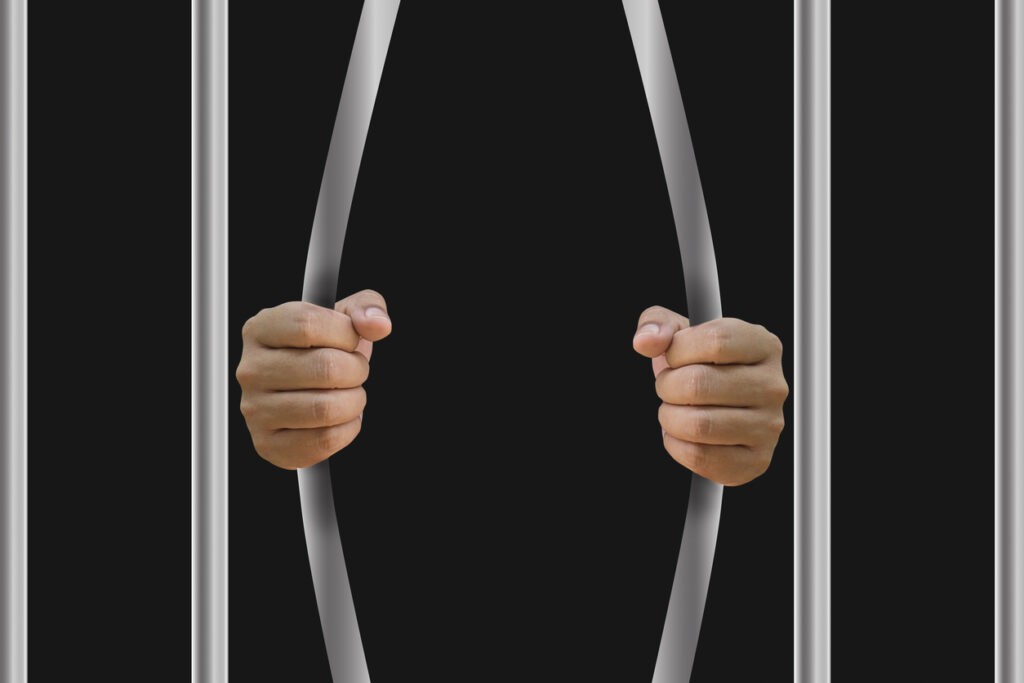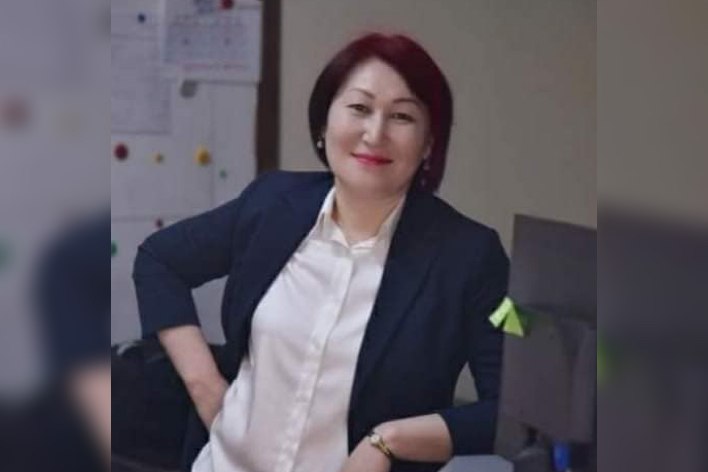BISHKEK (TCA) — Human Rights Watch on December 20 sent a letter to Kyrgyzstan’s new President Sooronbai Jeenbekov to share its recommendations for steps the Kyrgyz government can take from the beginning of his mandate to improve the human rights situation in Kyrgyzstan.
“Over the last two decades, we have seen some progress on key issues, but serious concerns remain,” reads the letter signed by Hugh Williamson, Executive Director, Europe and Central Asia Division at HRW.
“During your campaign you noted that your goal as president will be ‘to create a state where human rights are respected, on democratic principles.’ You reiterated this message in your online campaign platform, saying you would ‘provide life, health, and human rights to all Kyrgyzstanis in fulfilling the [platform’s] provisions.’ We encourage you to stand by these campaign pledges, and to do so by addressing the following human rights concerns as a matter of priority, in accordance with the international human rights norms that Kyrgyzstan has voluntarily ratified,” the letter says.
HRW recommends Kyrgyzstan to “stop the crackdown on critical media”.
“Human Rights Watch has observed a notable decline in the protection of freedom of speech and media in Kyrgyzstan since the beginning of the year. Starting in March 2017, Kyrgyzstan’s prosecutor general has brought at least half a dozen defamation lawsuits against critical media outlets, journalists, and others, including human rights defender Cholpon Djakupova, claiming their words or publications discredited the president’s honor and dignity and spread false information.
“You campaigned on a platform saying that ‘the President should act as the guarantor of freedom of speech, media, and internet, in combination with effectively protecting citizens’ rights and freedoms.’ As president, you now have the opportunity to guarantee free expression and free media in Kyrgyzstan, and ensure that citizens have access to a diversity of opinion, and that critical media outlets and journalists do not risk retaliation for their views,” the letter said.
The rights watchdog also recommended freeing rights activist Azimjon Askarov, who currently serves a life sentence.
“We call on you as a matter of utmost urgency to release the wrongfully imprisoned human rights defender Azimjon Askarov, who was accused of participating in the murder of a police officer and imprisoned immediately following the events of June 2010.
“It has been a year and a half since the UN Human Rights Committee – an impartial, independent human rights body whose findings are binding on Kyrgyzstan – called on the government to immediately release Azimjon Askarov and quash his conviction, finding that he had been arbitrarily detained, tortured in custody, and denied a fair trial. As a party to the United Nations Convention on Civil and Political Rights and its optional protocol, Kyrgyzstan has committed to upholding the decisions of the Human Rights Committee, following review of individual complaints,” HRW says.
Human Rights Watch recommends to allow peaceful assembly in Kyrgyzstan.
“Following several court rulings in 2017 imposing blanket bans on public assemblies in various locations in Bishkek, with courts citing overbroad concerns about ensuring public order and national security, this right appears under some threat. We ask you to ensure that people in Kyrgyzstan continue to enjoy their fundamental right to express dissenting views through peaceful protest in a manner consistent with international standards,” the letter says.
Another recommendation is to cease counterterrorism-related human rights abuses.
“In the last year, the Kyrgyz government has stepped up counterterrorism measures following deadly attacks abroad that investigators linked to armed extremists of Central Asian origin, arresting dozens of people for storage of vaguely defined ‘extremist’ materials, an offense which carries a mandatory prison sentence of three to five years. As of August, 191 people had been imprisoned for terrorism or extremism-related offenses. Many were ethnic Uzbeks who alleged they had been arrested based on false testimony or evidence planted by the police, and that they were tortured and otherwise abused in police custody,” the letter said.
In its letter, Human Rights Watch also recommends Kyrgyzstan to end discrimination of LGBT people, end torture, address election shortcomings, provide accountability for June 2010-related abuses, reaffirm the importance of civil society, robustly implement Kyrgyzstan’s new domestic violence law, and ratify the United Nations Convention on the Rights of Persons with Disabilities.
